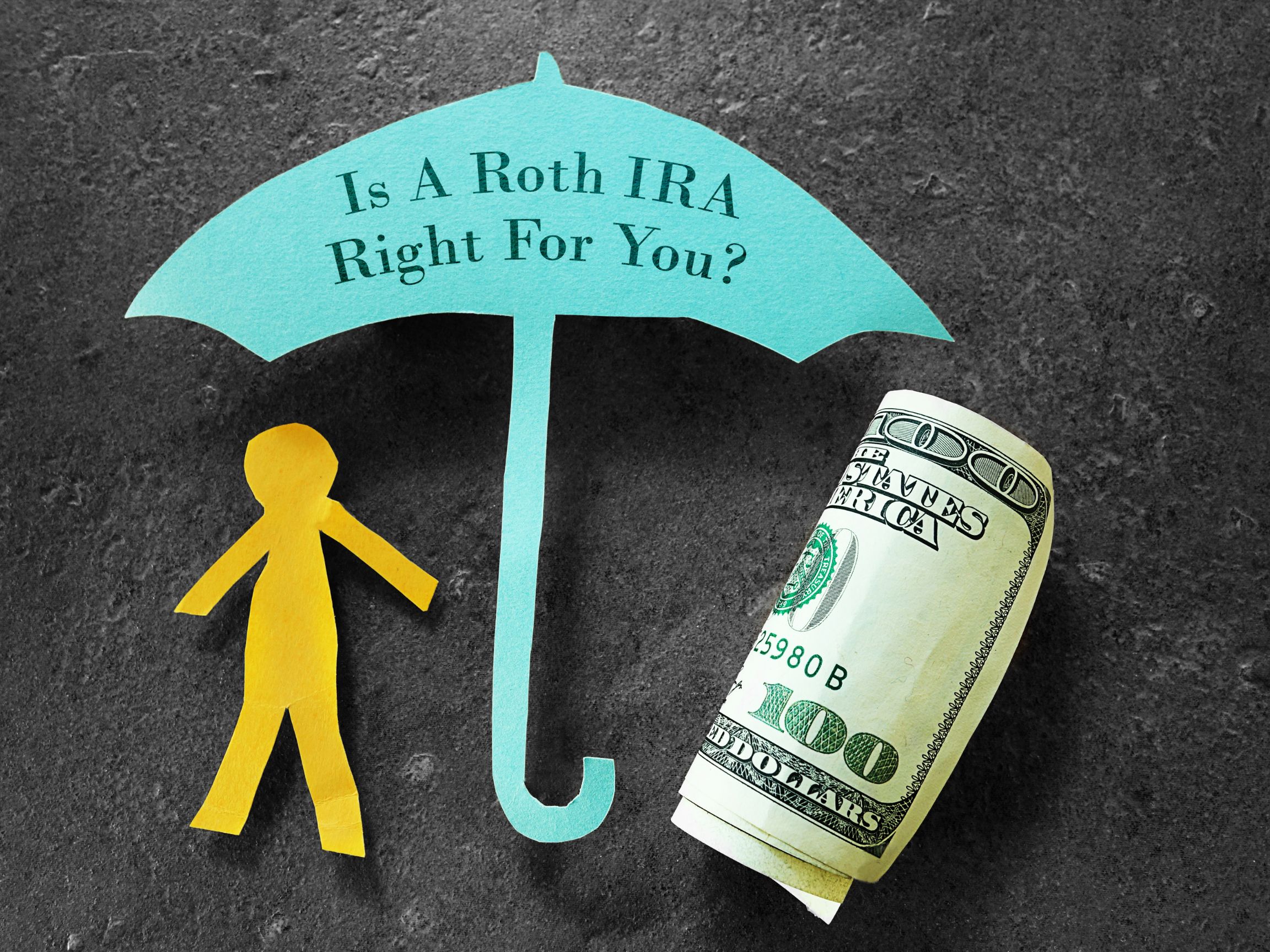
15 Feb Who should consider converting to a Roth IRA?
You must pay income taxes on any converted funds in the year of the conversion, but there are several scenarios in which that might be to your advantage:
- You believe your tax bracket will be higher in retirement.
In this scenario, paying taxes at your current tax rate is preferable to paying a higher rate after you’ve stopped working. Paying higher taxes in retirement may sound farfetched, but it’s possible, especially if you haven’t yet hit your peak earning years or have accumulated significant savings in your retirement accounts. It could make sense to convert all or a portion of funds in a traditional IRA to a Roth today and not in the future. - You want to maximize your estate for your heirs.
If you don’t need to tap your IRA funds during your lifetime, converting from a traditional to a Roth IRA allows your savings to grow undiminished by RMDs, potentially leaving more for your heirs, who can generally withdraw the money tax-free as long as they follow IRS distribution rules. - Your accounts aren’t diversified by tax treatment.
That is, most of your assets are in tax-deferred accounts. By converting to a Roth IRA, you’ll have assets that won’t be taxed when withdrawn, potentially allowing you to better manage your tax brackets and enable more personalized tax planning during retirement. - You have irregular income streams and lower-than-usual income this year.
For example, you might own a business that generated a net operating loss from non-passive income. This could be the perfect opportunity to convert some funds to a Roth IRA with a relatively low tax impact.
Original content by clergyfinancial.com. This information is provided with the understanding that Payroll Partners is not rendering legal, human resources, or other professional advice or service. Professional advice on specific issues should be sought from a lawyer, HR consultant or other professional.


